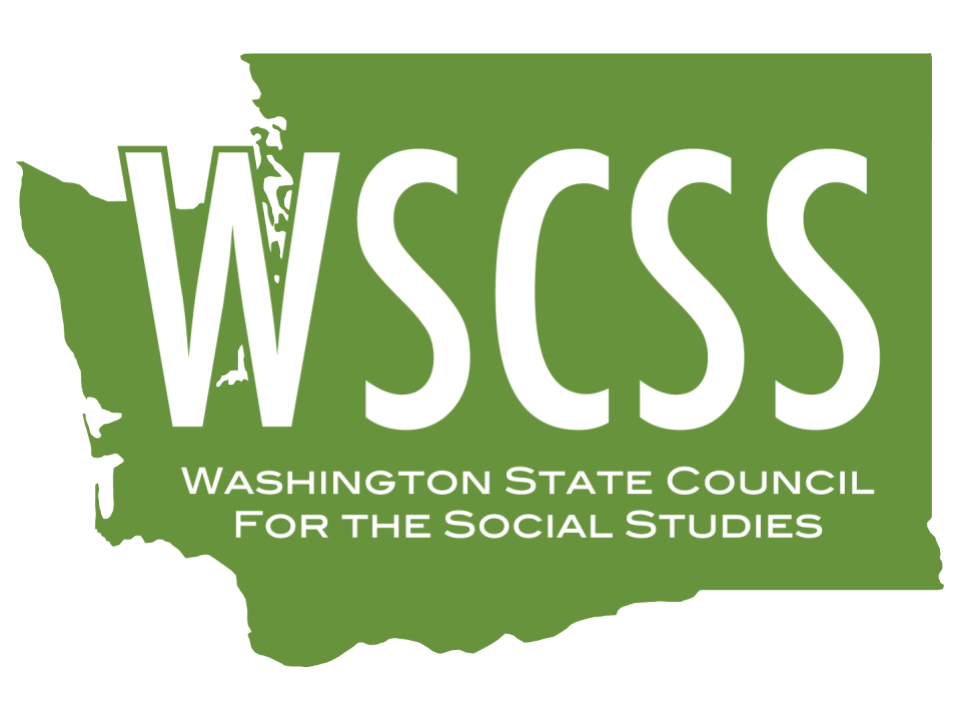Civic Education GrantsSponsored by the Washington Civic Learning Council
Funding for Civic Education Grants is provided by the American Board of Trial Advocates, a national association of experienced trial lawyers and judges, and its Washington State Chapter. ABOTA is dedicated to the preservation and promotion of the civil jury trial right provided by the Seventh Amendment to the U.S. Constitution and is engaged in a variety of programs aimed at furthering civics education throughout the states.
Purpose. The Civic Education Grant provides financial support to educators and students participating in high-quality civic education programs at the national, state, tribal and/or local government level. This includes how the governments were formed, how they make decisions, what effects they have on citizens, and how citizens can participate with decision makers. Grants will generally be awarded between the range of $250.00 to $1000.00. Grants will be considered in excess of $1000.00 contingent on availability of funds and strength of application.
How to apply. The Civic Learning Council (CLC) understands the time pressures facing educators and students, so the application is designed to be brief and straight forward. Applications will be available beginning March 17, 2022, and close when all funds have been depleted. Applications will be reviewed quarterly to ensure a distribution of funds across the school and/or program year. Link to APPLICATION. If you have questions about the grant, contact Karen Verrill (civiclearningcouncil@gmail.com), Civic Learning Council.
Evaluation. The CLC will consider and score applications based on the overall breadth and variety of applicants and projects that would best fulfill the program’s goals, with priority given to underserved communities.
The Civic Learning Council Grant priorities include the following:
• Implementation of high-quality civic learning in K-12 schools and in after school programs with emphasis on underserved youth and communities;
• Expansion of K-8 civic education;
• Support for civic action programs in which students have opportunities to interact with courts and other branches of government at state/tribal and local level; and
• Ensure that anti-racist strategies are addressed in high-quality civic education.
Criteria for selection of grants:
• A clear description how the funds will be used to foster active civic learning that addresses at least one of the CLC priorities above.
• The proposal will lead to further development of civic education. • The proposal is realistic and doable.
• There is clear evidence that the grant will allow an activity to occur that would not happen without the financial support of the grant.
• The proposal addresses an underserved group or region of the state of Washington.
Eligibility
• Residents of Washington State
• Educators
• Leaders of after school and summer programs
• Parent teacher associations
• Home school organizations
• Individual students
• Nonprofit and community organizations
Possible Grant Projects
• Purchase of civic resources for classroom use or projects
• Field trips
• Guest speakers
• Sponsorship of student participation in civic travel, organizations, and/or contests
• Teacher professional development and/or travel to civic events
• Outreach for participation in civic activities within the community and beyond
• Nonprofit civic organization events
The following information will be requested in the application:
A description of where and how the grant will be used: In school classrooms, home school programs, after school programs, community colleges (limit 500 words)
• A brief description of how this program/experience will be beneficial
o Educator: What learning outcomes do you expect to achieve?
o Student: What benefits do you hope to achieve as a result of this experience?
• A list of expected costs for the project.
• If you expect to receive additional funds from another source, provide information about who, how much, and how those funds will be used.
If you are awarded a grant, there will be subsequent reporting requirements that include the following:
• A brief description of outcomes achieved and any plans for future activities (500- word limit).
• To promote the grant, permit CLC to share the success of the activity including quotes student work, and photos from people involved.
• Complete a brief follow-up survey immediately following the activity and one year later to assess grant impact.
